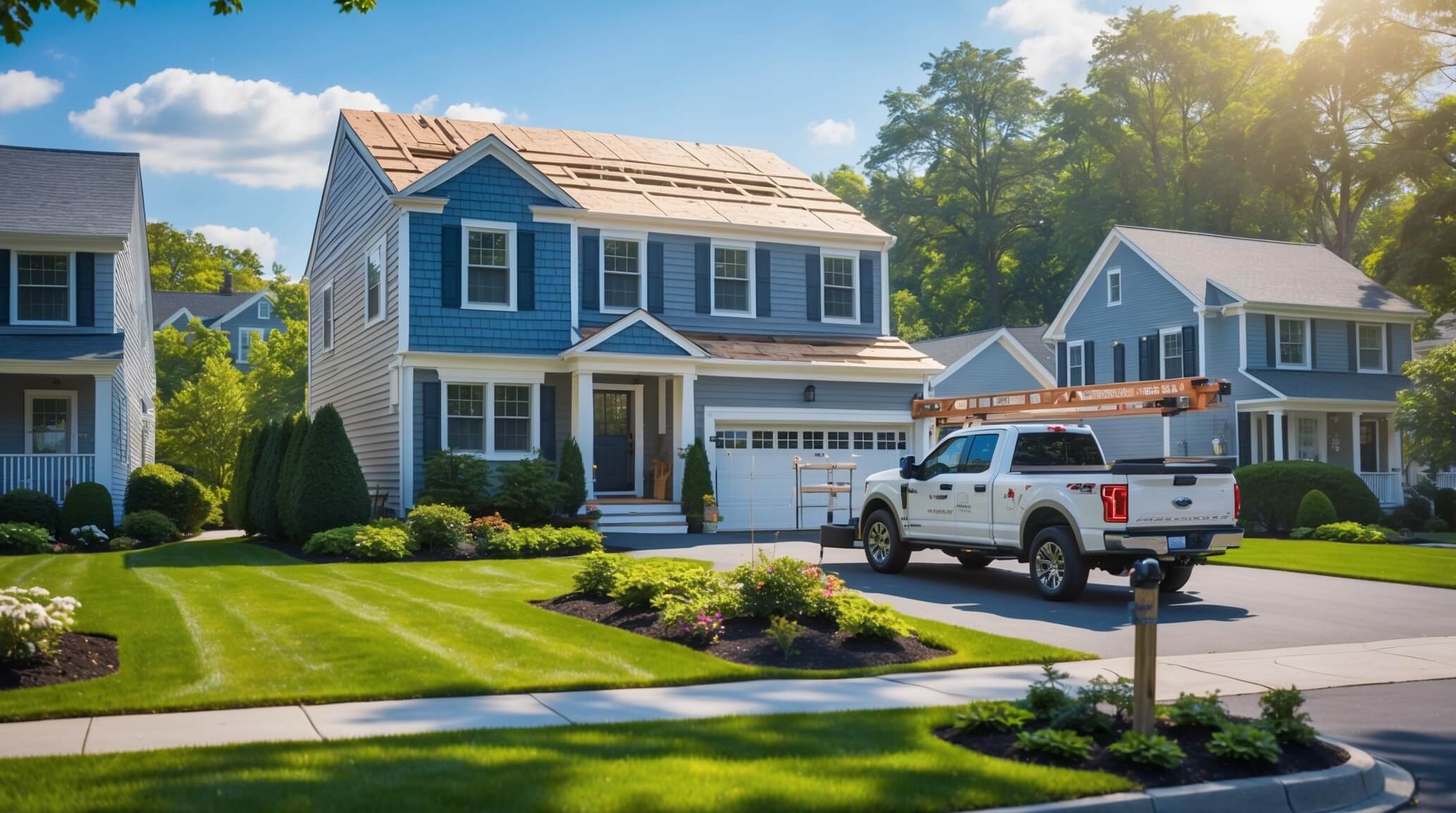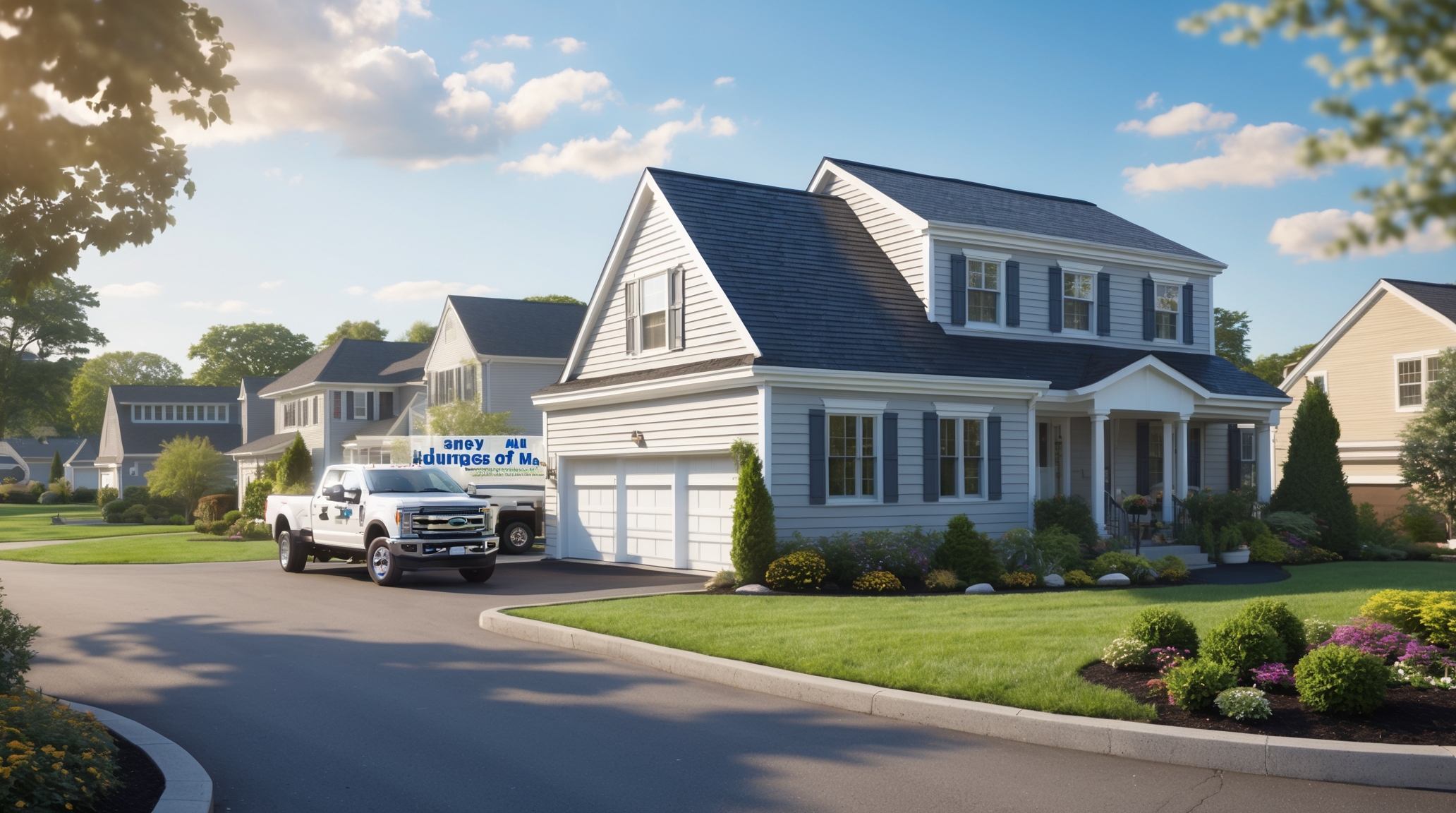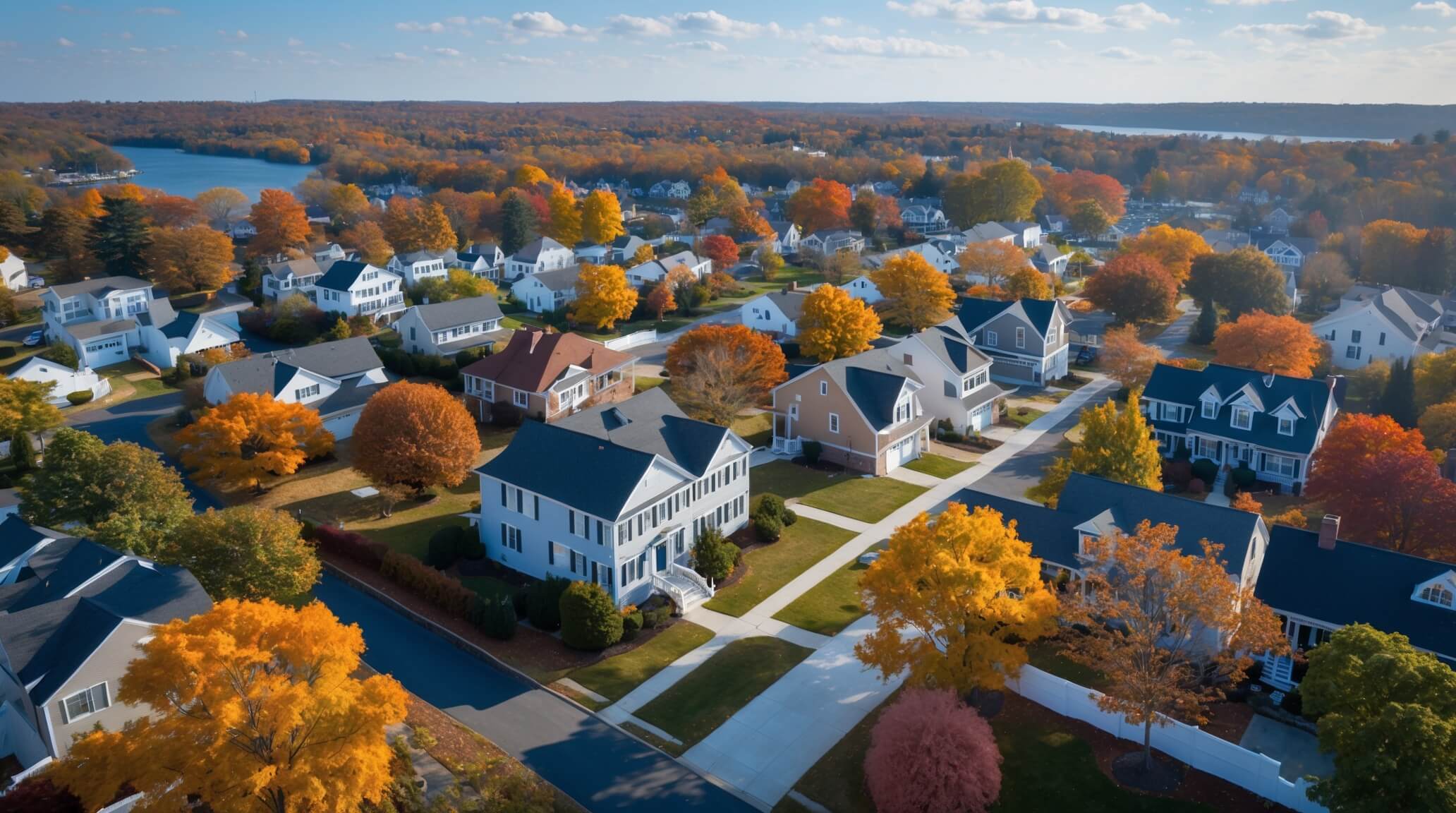Building Permits in Massachusetts: If you’re considering construction or renovation in Massachusetts, understanding the building permit process is essential. Not only are permits required by law, but they also ensure that your project complies with local codes and safety standards. Whether you’re a homeowner planning a home addition or a business owner aiming to expand your property, this guide will walk you through everything you need to know about building permits in Massachusetts.
We’ll cover what building permits are, why they matter, how to obtain them, the types of permits you may need, associated costs and timelines, expert tips for navigating the process, and how hiring licensed contractors can streamline your project from start to finish.
1. What Are Building Permits and Why Are They Important?
Building permits are official documents issued by local government agencies that authorize construction, renovation, demolition, or other changes to a property. These permits confirm that your project meets zoning regulations, building codes, and safety standards.
Why Building Permits Are Necessary
- Legal Compliance: Working without a permit can lead to fines, project stoppages, or even legal action.
- Safe Structures: Codes ensure the safety of the structure for occupants and the community.
- Protecting Property Value: Projects completed without permits can lower property value and make future sales difficult.
- Insurance Coverage: Many insurers won’t cover damages if unpermitted work is involved.
When Are Permits Required?
Permits are typically required for work involving structural changes, electrical systems, plumbing, or adding square footage. For example:
- Building new structures (e.g., houses, garages, sheds over a specific size)
- Remodeling kitchens or bathrooms involving plumbing or electrical work
- Installing decks, retaining walls, or swimming pools
- Major renovations, such as finishing a basement
2. How to Obtain a Building Permit in Massachusetts
The process for obtaining a building permit varies depending on the municipality but generally follows a similar structure. Here’s a step-by-step guide to help you through it.
Step 1: Understand Local Requirements
Permitting regulations differ between cities and towns in Massachusetts. Contact your local Building Department to confirm requirements for your specific project.
Step 2: Prepare Application Materials
Typical application requirements include:
- Detailed construction plans and drawings
- Project description outlining the scope of work
- Estimated project cost
- Licensed contractor information, if applicable
For larger projects, you may also need a site plan or environmental documentation.
Step 3: Submit the Application
Applications can often be submitted online or in person at your town or city hall. Some municipalities, like Boston, have online portals for easier processing.
Step 4: Pay the Fees
Building permit fees are based on the size, type, and cost of your project. Cities usually calculate fees as a percentage of the total project value.
Step 5: Wait for Approval
Review times vary, with smaller projects like decks or sheds taking days while larger projects like commercial buildings might take weeks.
Step 6: Display the Permit
Once approved, the permit must be displayed on-site, visible from the street, during construction.
Step 7: Arrange Inspections
Inspections are required at various stages of construction to ensure compliance with the approved plans and building codes. Failing an inspection may require corrections before proceeding.
3. Common Types of Building Permits for Massachusetts Projects
There are several types of permits you might need depending on your project. Below are the most common categories.
Building Permits
Covers general structural work like new construction, extensions, or major interior/exterior renovations.
Electrical Permits
Required for installing or modifying electrical systems, including rewiring, adding outlets, or upgrading service panels.
Plumbing Permits
Covers changes to water, gas, and waste lines, including installing new fixtures or heating systems.
Mechanical Permits
Required for installing or modifying HVAC systems like furnaces, air conditioners, or ventilation ducts.
Demolition Permits
Necessary for tearing down significant portions of a building or the entire structure.
Occupancy Permits
Issued after project completion to certify that the building is safe for use.
Specialty Permits
Some towns may have permits for work like tree removal, solar panel installation, or historic property modifications.
4. Costs and Timelines
Permit Costs in Massachusetts
Fees vary widely depending on location and project size. Here are approximate costs to guide you:
- Small projects (e.g., decks, fences): $50–$150
- Medium-sized projects (e.g., bathroom remodels, room additions): $200–$1,000
- Large projects (e.g., full home construction or commercial buildings): 1%-2% of project value
Additional fees may apply for plan reviews, zoning variances, or expedited processing.
Timelines for Approval
- Small projects: 1–2 weeks
- Moderate projects requiring zoning reviews or environmental studies: 3–6 weeks
- Large projects, including commercial buildings or multi-unit housing developments, may take 2–6 months

5. Tips for Ensuring a Smooth Permitting Process
Navigating the permitting process doesn’t have to be stressful. These practical tips can help you avoid common pitfalls.
Do Your Research
Understand local regulations and permit requirements before starting your project. Consult with local authorities or visit your town’s Building Department website.
Be Thorough with Documentation
Incomplete applications are one of the most common reasons for delays. Ensure all drawings, descriptions, and forms are completed accurately.
Hire Professionals
Engage licensed contractors, architects, or engineers who understand permitting processes and building codes.
Communicate with Inspectors
Developing rapport with local inspectors can make the process smoother. They’re often willing to offer advice before inspections.
Allow Time for Delays
Expect some delays, especially for large or complex projects. Build these into your project timeline to avoid surprises.
6. The Role of Licensed Contractors
Hiring a licensed contractor can make a significant difference in your building permit experience. Here’s how they can help:
Expertise in Permitting
Licensed contractors know local regulations and are familiar with the permitting process. They can prepare, submit, and track applications on your behalf.
Accurate Project Planning
A professional contractor ensures that your project complies with both local codes and permit requirements before construction begins.
Seamless Communication
Contractors often have established relationships with local inspectors and officials, which can expedite permit approvals and inspections.
Insurance and Accountability
Licensed contractors are insured, providing additional protection for property owners. They are also held accountable for the quality of their work.
Comprehensive Services
Many contractors offer design-build services, allowing them to handle all aspects of your project, from planning to permitting to construction.
7. Final Thoughts and Call to Action
Navigating the world of building permits in Massachusetts can feel overwhelming, but it’s a necessary step to ensure your project is safe, legal, and built to last. From understanding when permits are required to managing costs and timelines, following this guide will set you on the right path.
However, the most effective way to simplify the process is by hiring a trusted, licensed contractor. With their expertise, you can avoid costly mistakes, gain peace of mind, and focus on bringing your vision to life.
Partner with Us for a Hassle-Free Experience
Our team specializes in construction and renovation services across Massachusetts. We handle the permitting process for you, from start to finish, ensuring everything is completed efficiently and in full compliance with local regulations.
Reach out to us today to schedule a consultation or get a free quote. Together, we’ll turn your dream project into reality while eliminating the stress of navigating permits.
Contact us now and take the first step toward a smooth construction experience!

At Builders RD, our editorial team is made up of construction professionals, researchers, and local content strategists who specialize in home improvement, permitting, and contractor services across Massachusetts. We work closely with industry experts, licensed contractors, and municipal guidelines to deliver accurate, actionable content that helps homeowners, investors, and builders make confident decisions.
Our mission is to simplify the construction process through trustworthy guidance — from permit applications to hiring the right team — so you can build smarter, safer, and with full peace of mind.
— Builders RD Editorial Team






